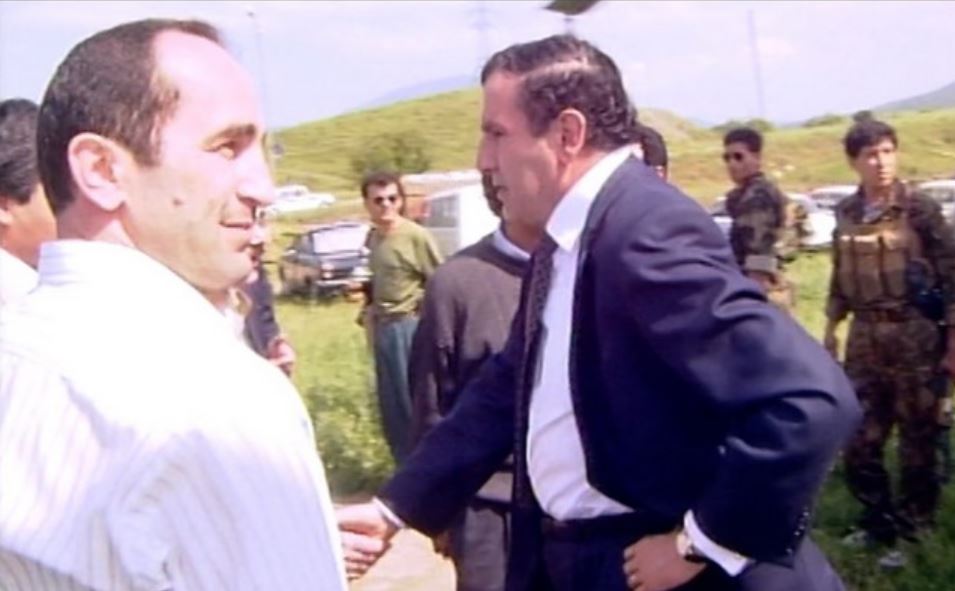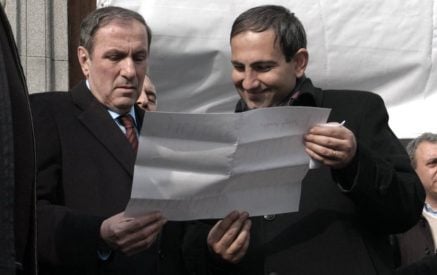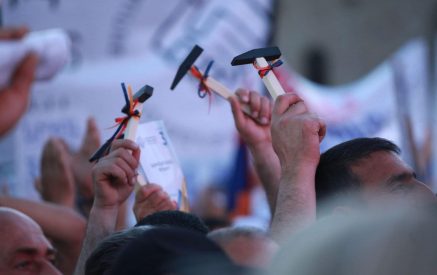“Azatutyun” (Radio Free Europe/Radio Liberty (RFE/RL) radio station prepared brilliant, high-level professional material about the process of Karabakh settlement negotiations before the resignation of the First President Levon Ter-Petrosyan on February 4, 1998. The video has many layers, one of which is the following. The problem can be solved if the positions of Russia and the West coincide on fundamental issues. In particular, the declassified reports of the US Deputy Secretary of State Strobe Talbott show that the leading players, the United States, France, and Russia, were determined to advance their joint proposals for establishing a lasting peace. In this regard, they exerted equally intense pressure on the leaders of Armenia and Artsakh. What lessons can we learn from the “Liberty” video?
Now the unity of those three players is missing. The Minsk Group does not exist either. On the contrary, there is mutual dissatisfaction on all issues, including mediation efforts for Artsakh. In these conditions, when each of the parties “pulls the blanket over itself,” and the political forces in Armenia, depending on their “orientation taste,” say: “This initiative is salvation for us, and that one is destruction,” it is difficult to expect any progress.
In this sense, of course, Ter-Petrosyan’s supporters are correct when (too often, it seems) they repeat: “Oh, if the package or phased solution had been adopted then, and the dark forces had not staged a coup, then everything would be much better now.” Such a conditional mood is somewhat reminiscent of the situation when a 60-year-old person says: “If I didn’t smoke and did sports at the age of 20, I would be much healthier now.” It is indisputable, but it does not add new knowledge.
Knowledge increases when we try to find “keys” that can “open a door” for today’s and tomorrow’s problems. And in the case of the “Liberty” material, one of the “keys” is the president’s resignation at the video’s beginning and end. If the head of the state sees that he is unable or unwilling to implement what the “international community” demands, he resigns.
Read also
We would be much more substantial if there were a few resignations in 31 years. I think the leaders of Armenia and Artsakh should adopt the same approach today and tomorrow to present the “red lines” and make the world understand that more will not work anyway.
ARAM ABRAHAMYAN























































